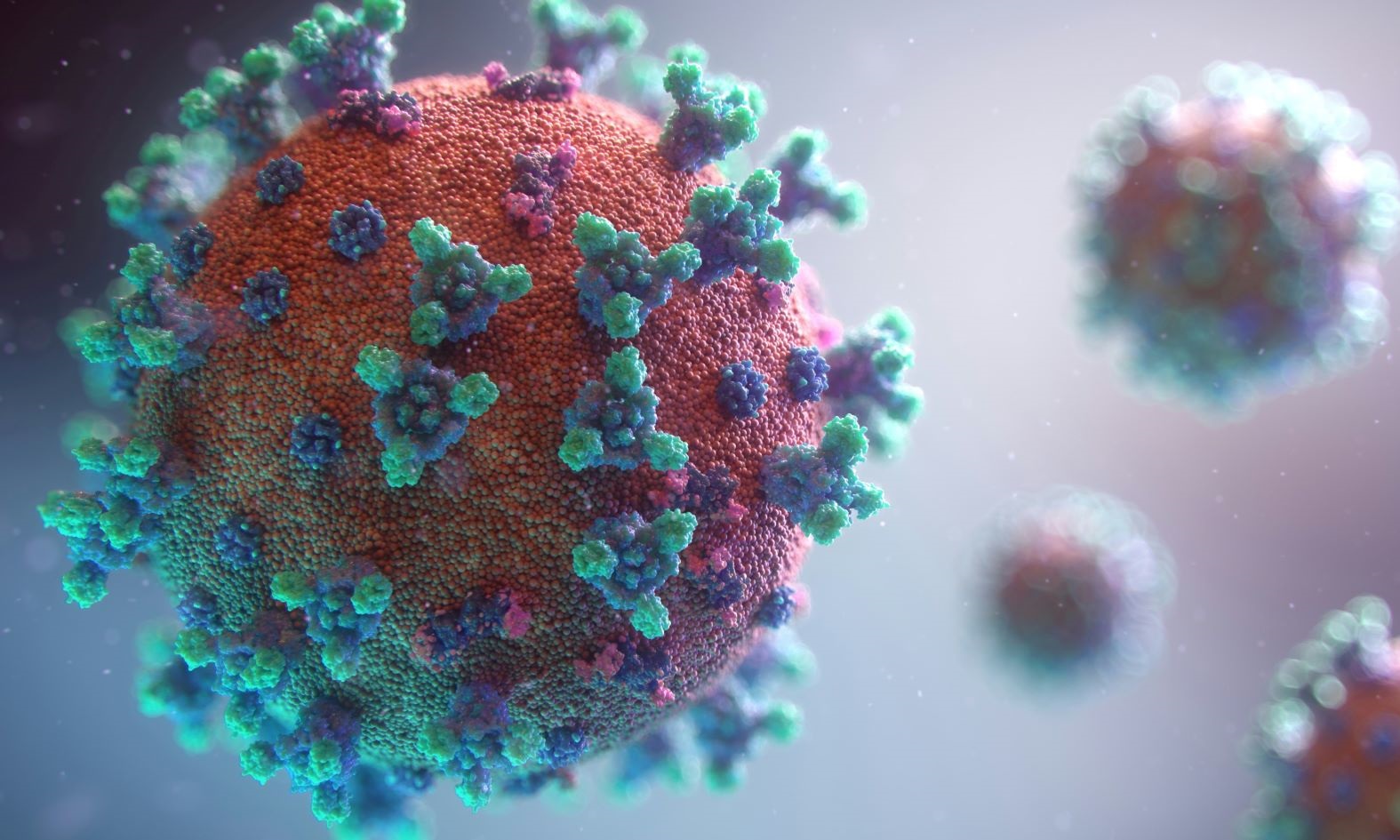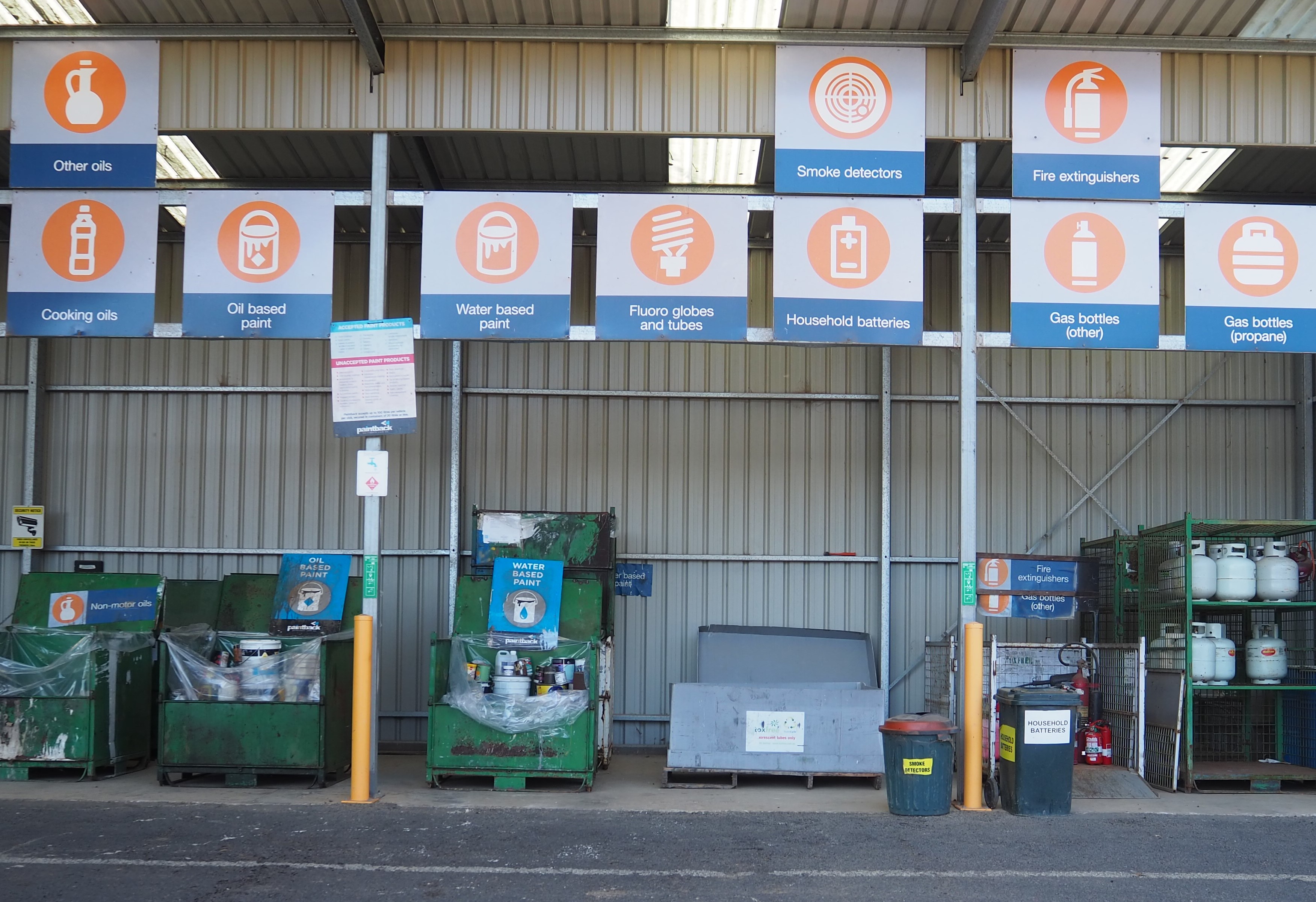University of Southern Queensland mathematician Professor uses maths to examine such extreme waves, describing wave motions both on the ocean surface and deep below.
“We use fluid mechanics and apply analytical and numerical mathematical methods to better understand natural phenomena such as solitary and rogue waves, tsunamis, storm waves, and giant internal waves,” he said.
“Put simply, we study waveforms, how they emerge and move through the oceanic environment, and interact with other waves forming something much more complicated than may be expected.
“In many cases, nonlinear waves are unpredictable and difficult to analyse mathematically as the superposition principle doesn’t apply (aka when two waves meet at a point, the overall displacement doesn’t add up to sum of the displacements of individual waves).
“I’m trying to find general approaches to study these nonlinear phenomena applicable to the oceanic waves as well as nonlinear waves in other media (plasma, solids etc.).
“This is important work given the danger which can be posed by surface and internal waves on fields such as nautical transport and navigation, human activity, settlement, and engineering and construction in the coastal zones.
“Rogue waves are among the most hazardous waves; they can have very big amplitudes and possess large energy. They appear unexpectedly causing major damages and even crashes of ships.
“There is also a specific kind of oceanic waves that only exists in the bulk of the ocean and are practically invisible on the surface; they are called internal waves.
“They may have been responsible for the lost nuclear attack submarines in the 1960s according to a hypothesis of mine.”
Professor Stepanyants is also researching waves in the ocean covered by ice in the Earth’s polar zones.
“As research in the Arctic and Antarctica becomes more and more active, it’s important to consider how the ice plates can react on the artificial load caused by landing aircraft and moving vehicles,” he said.
³Ô¹ÏÍøÕ¾ Science Week runs from 15-23 August. The 2020 school theme is ‘Deep Blue: innovations for the future of our oceans.’









